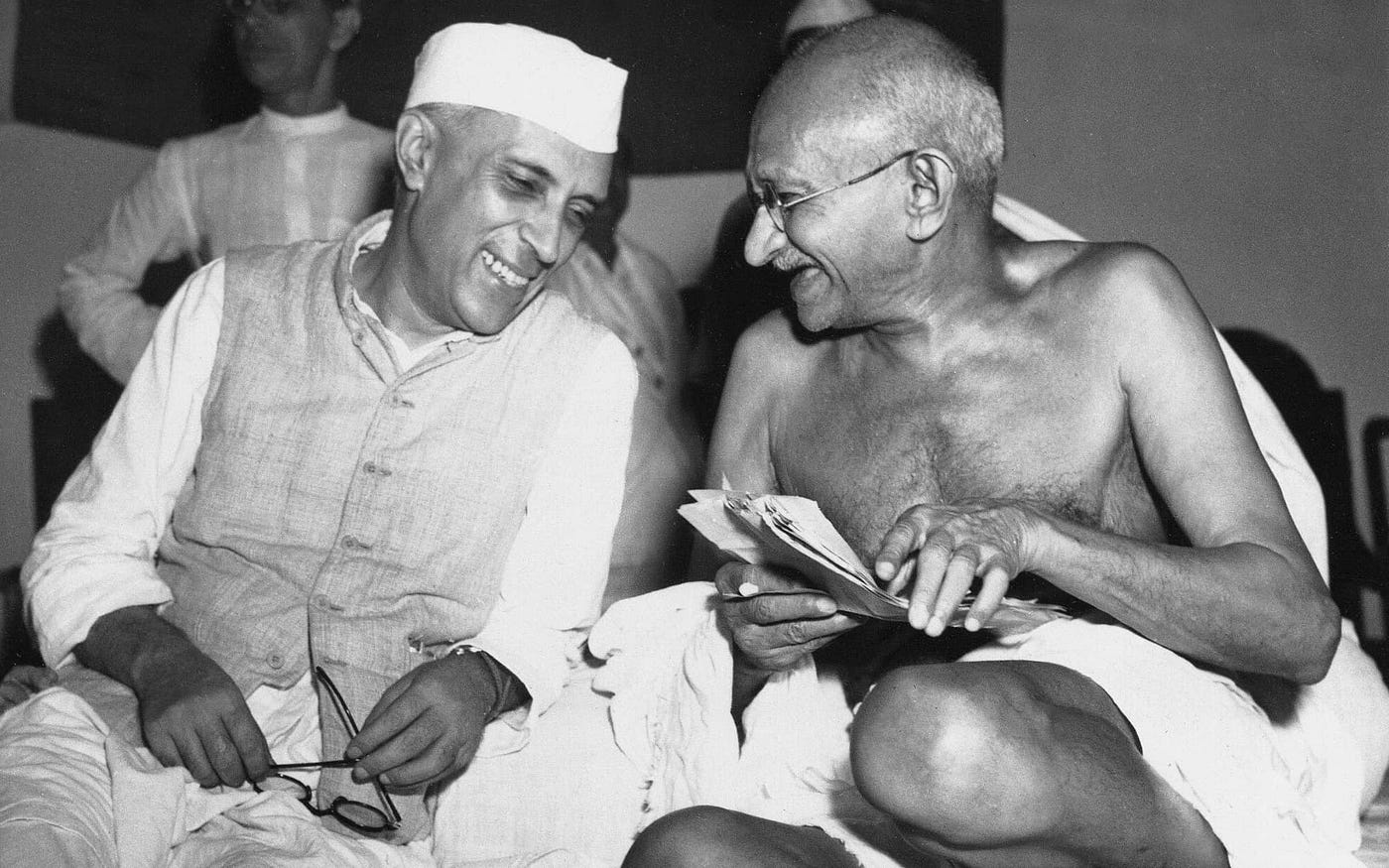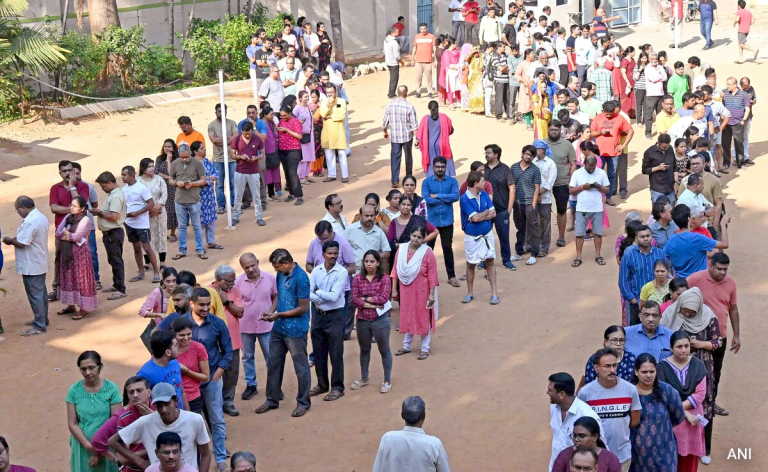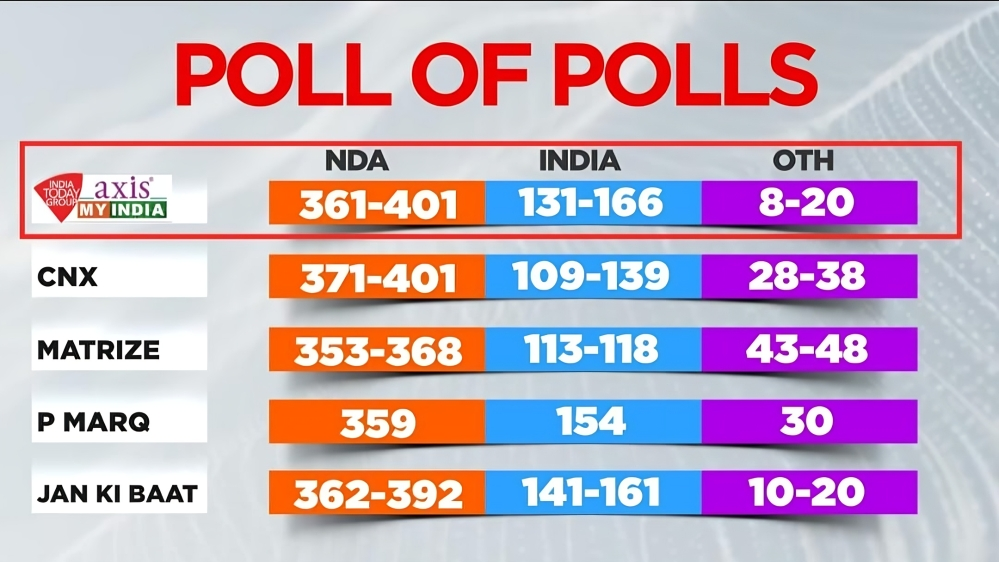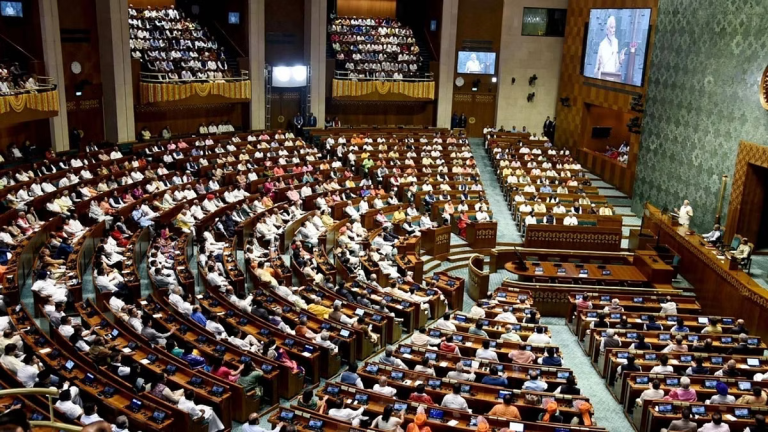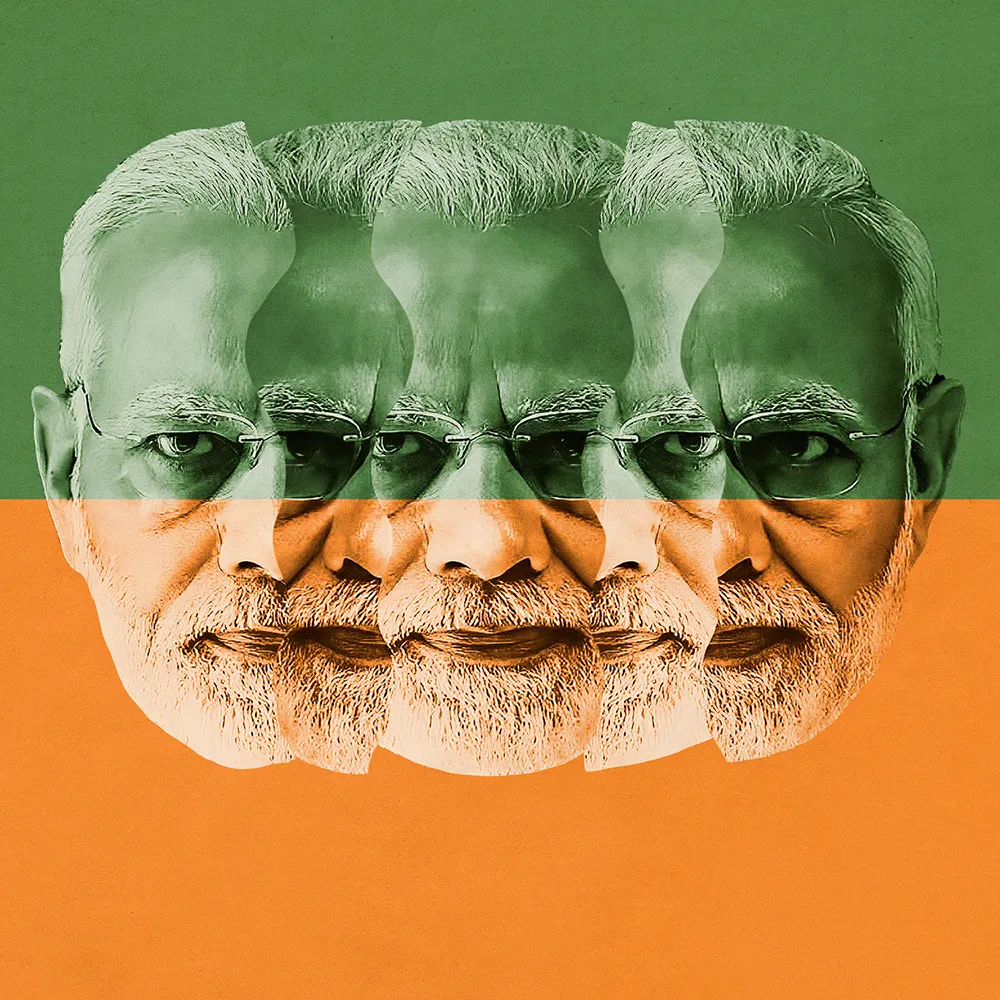As Pandit Nehru said towards midnight on August 14, 1947, “Long years ago, we made a tryst with destiny… …. At the stroke of the midnight hour, when the world sleeps, India will awake to life and freedom.” On the 4th of June, the very philosophical notion that liberated India—the fundamental values that are bestowed upon her by the constitutional framers—will be questioned. Does she want to break the promise she made long ago? or elongate it for the greater prosperity of her inhabitants? Only she decides, and her decision is a consequential one for the global world. It will be unveiled on June 4th. However, most importantly, what is at stake?
In my earlier writing, I talked about the backsliding of liberal democracies and how there is a correlation between bad economics and disillusionment towards the ruling class. “CHANGE” is the slogan that is used (also used by the 2024 Labour campaign against the Tories). Nevertheless, from the list of countries backsliding, India stands out. From its inception, India was a strong, bright light in the post-war reconstruction period—a prudent liberal, socialist, plural, secular, open, vocal, encapsulated with scientific temperament. Traits that a European democratic activist would dream of. Most pivotal of all was universal suffrage—people of all castes, cultures, creeds, colors, religions, and sexes could participate in the democratic process, a basic right denied by most of the civilized western democracies at that time (the blacks, poor, and women had to fight their way to be enlightened with the right to vote). There is still a great misconception amongst most: the meager right to vote is penultimate, and a liberal democracy is nothing more than that, but this predicament is wrong. However, the right to vote is just a process of selecting a member of society to represent the vast majority; it does not guarantee your rights (freedom of speech and association, economic freedom, personal safety and privacy, equality before the law, and property rights). Therefore, there are other structures in a liberal democracy that are the so-called protectors of constitutional morality. Pathetic of all, people in India and a lot abroad have been convinced that it is okay to be a Democrat for a single day—voting day. And for the other 364 days a blind spectator of the atrocities faced by fellow marginalized compatriots. So, what has led to India’s regressive decline?
In this editorial, I will not go extensively. However, the fundamentals other than the voting process are the institutions promulgated by the constitution; they serve as the guarantors of the democratic principle that needs to prevail sustainably. But as an individual, the first prime minister, Pandit Nehru (whose death anniversary is today), served as the epitome of keeping thorough checks and balances in the still young, aspirational, hopeful country. He was not only a Democrat. But on the contrary, a liberal Democrat Nehru preserved institutions like the executive, judiciary, and parliament. More important, the liberal values that encapsulate liberalism are as aforementioned. But even more important, he served as the charismatic leader who preserved, spread, and envisioned an ethos that made India a progressive, plural, secular, liberal, and democratic nation. It is vital that these values are not only inscribed in a document. However, encapsulated in the thought process of the leader of the day, who could carry forward the value as laid forth in the respective document,.
Due to unfortunate circumstances, the tryst with destiny that Nehru with India and her people made is dwindling—due to the rise of the hard-right, Hindu nationalist, fascist ideology of the RSS, which serves as an anthesis to whatever Nehru exemplified. The India Story began with a hope—hope of an inclusive society—but it has transpired into bigotry, hatred, division, violence, and angst towards each other—not only in religious lines but also in terms of caste, culture, creed, color, and language.
The future is uncertain. Nonetheless, hope should not diminish in times of ambiguity, as it was hope that served as the backbone of the very republic we are proud of. As I always say, “Walking with Gandhi. Thinking with Nehru.”
